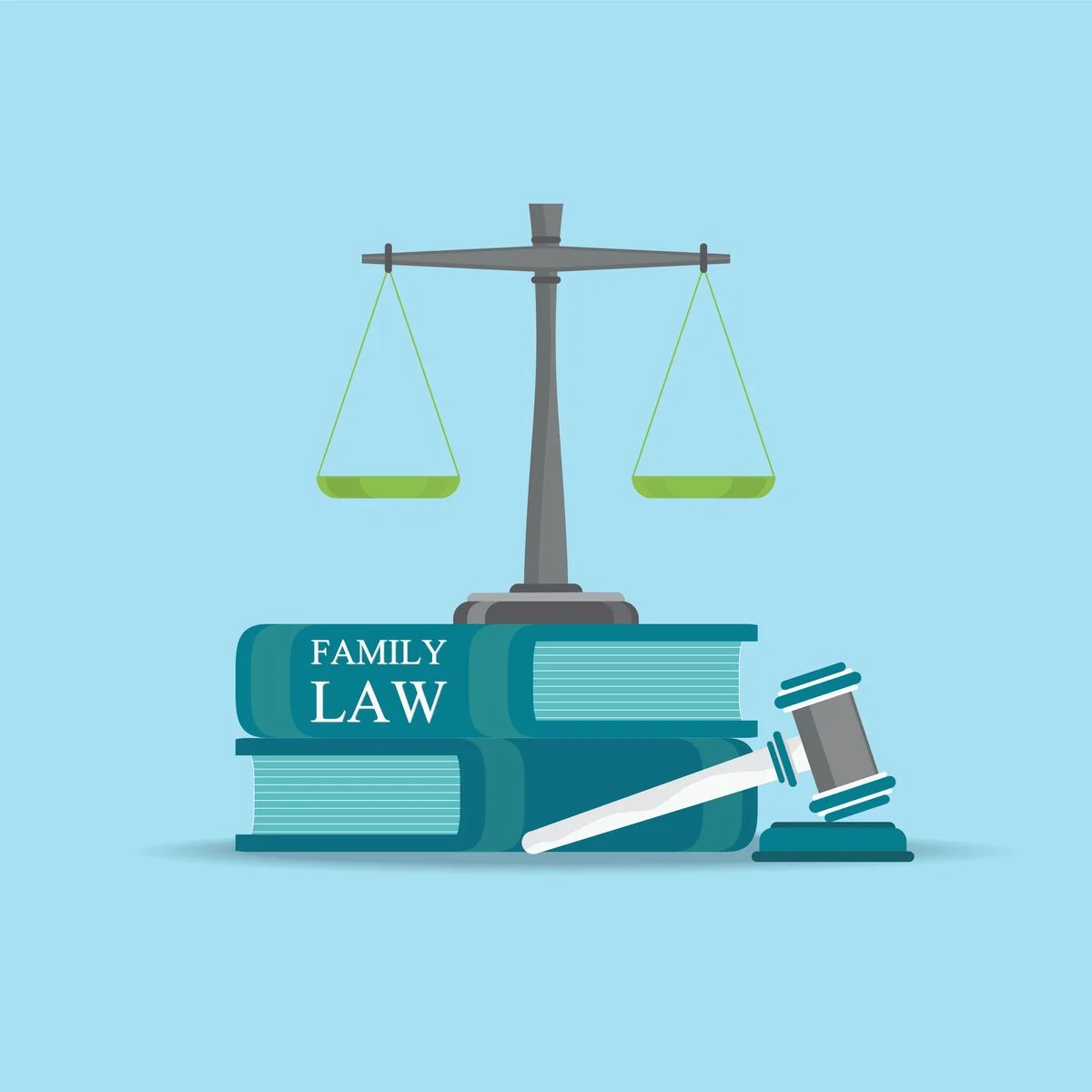What You Need To Know About The Family Law Court Process
When going through a separation, we always recommend that people try to negotiate and resolve their financial and parenting matters by agreement, rather than litigating the matter in Court. However, there are times when Court litigation might be your only option. For example, if you and your former partner haven’t been able to reach an agreement after protracted negotiations, if your matter is urgent, or if there is a risk to your safety and wellbeing or your children’s.
In this post, we hope to give you an an understanding of the Family Law Court process.
Which Court?
From 1 September 2021, the Federal Circuit and Family Court of Australia was established. The new court comprises two divisions:
Division 1 (a continuation of the Family Court of Australia) deals with complex family law matters.
Division 2 (a continuation of the Federal Circuit Court of Australia) deals with family law, migration and general federal law matters.
So, What Does the Process Involve?
Step 1– Prepare and file an Application and other documents
The first step is to prepare an Initiating Application setting out the orders that you want the Court to make. You can ask the Court to make 2 types of orders:
Final Orders – these are the orders that you want the Court to make at the Final Hearing; and
Interim Orders – these are the orders that you want the Court to make at the Interim Hearing(s).
You also need to file additional documents with your Application, which will depend on the circumstances of your matter.
Important
You should prepare these documents in consultation with an experienced family lawyer. Why? Because these documents will form the basis of your entire matter.
Section 60I Certificate
In most cases, the parent seeking the orders must invite the other parent to a FDR Mediation and make a genuine attempt to resolve the matter by consent. After attending or attempting to attend FDR, the practitioner will provide you with a section 60I Certificate.You can only institute Court proceedings without a section 60I Certificate in exceptional circumstances.
Step 2 – First Court Hearing
After you file the Application, the Court will allocate a date for the First Court Hearing. The First Court Hearing usually takes place within 2 to 3 months after filing your Application.
At this hearing the Court may:
- Give directions which might include an order that you complete certain tasks by certain dates, such as providing full disclosure to the other party.
- In parenting matters, order that a Family Report be prepared and possibly appoint an Independent Children’s Lawyer (“ICL”).
- For property matters, set the matter down for a Conciliation Conference or order that a private Mediation is to occur.
- Set the matter down for a Directions / Interim Hearing.
- Set the matter down for a Final Hearing / Trial.
Disclosure
The disclosure process involves you and your former partner providing certain documents to each other. For property matters, these documents include tax returns, bank, loan and credit card statements, and financial statements for corporate entities. And for parenting matters documents could include things like medical reports about a child or parent, school reports and photographs. At the First Court Hearing, the Judge will usually make an order setting out what documents the parties must disclose to each other (if they have not already).
Family Report
A Family Report is a report prepared by a Family Consultant. The family consultant will individually meet with you and with the other parent. The children will also meet with the family consultant. After meeting with all relevant parties, the family consultant provides an independent assessment of the issues to the Court, which will assist the Court when making decisions about the children.
Independent Children’s Lawyer
An Independent Children's Lawyer may be appointed if there is high conflict between you and the other parent, or if allegations of abuse or family violence have been made. Their role is to independently consider the views of the children and provide recommendations about what they consider to be in the child’s best interests.
Conciliation Conference
A Conciliation Conference is a Court ordered and funded Mediation which is conducted by a Registrar of the Court. The aim of the Conciliation Conference is to resolve financial issues and if there is time, also address parenting issues.
If parties can afford private Mediation, then a Court will be reluctant to order a Conciliation Conference.
Step 3 – Directions / Interim Hearing(s)
The Court may list the matter for a Directions or Interim Hearing if the matter hasn’t resolved after the First Court Hearing, Conciliation Conference/ Mediation, or the Family Report.At a Directions Hearing the Court may order that you complete further tasks before the matter proceeds to Final Hearing/ Trial. This might include filing certain documents by specific dates.Interim Hearings are used to determine interim issues, such as:
- What time the children will spend with each parent;
- Who will continue to reside in the former family home; or
- Interim spousal maintenance.
Step 4 – Final Hearing / Trial
If your matter hasn't resolved before this step, then there will be a Final Hearing before a Judge. In our experience, it can take anywhere between 6 to 18 months or more to get to a Final Hearing.
During the Hearing you will need to tell your story to the Judge. You will be cross-examined by the other party or their lawyer/barrister. Experts such as accountants and psychiatrists may also be asked to give evidence.
The Judge will then consider all of the evidence before making a final decision. It is rare for a Judge to make a final decision at the end of the Trial. In most cases, the decision will be made many weeks, months or sometimes even years following the hearing.
Would you like further information?
If you would like to discuss your family law matter, please contact us today or book an appointment online.
By Tegan Martens
Director & Principal Family Lawyer
Martens Legal
Disclaimer:
The information contained on this site is for general guidance only. No person should act or refrain from acting on the basis of such information. You should seek appropriate professional advice based on your particular circumstances.


